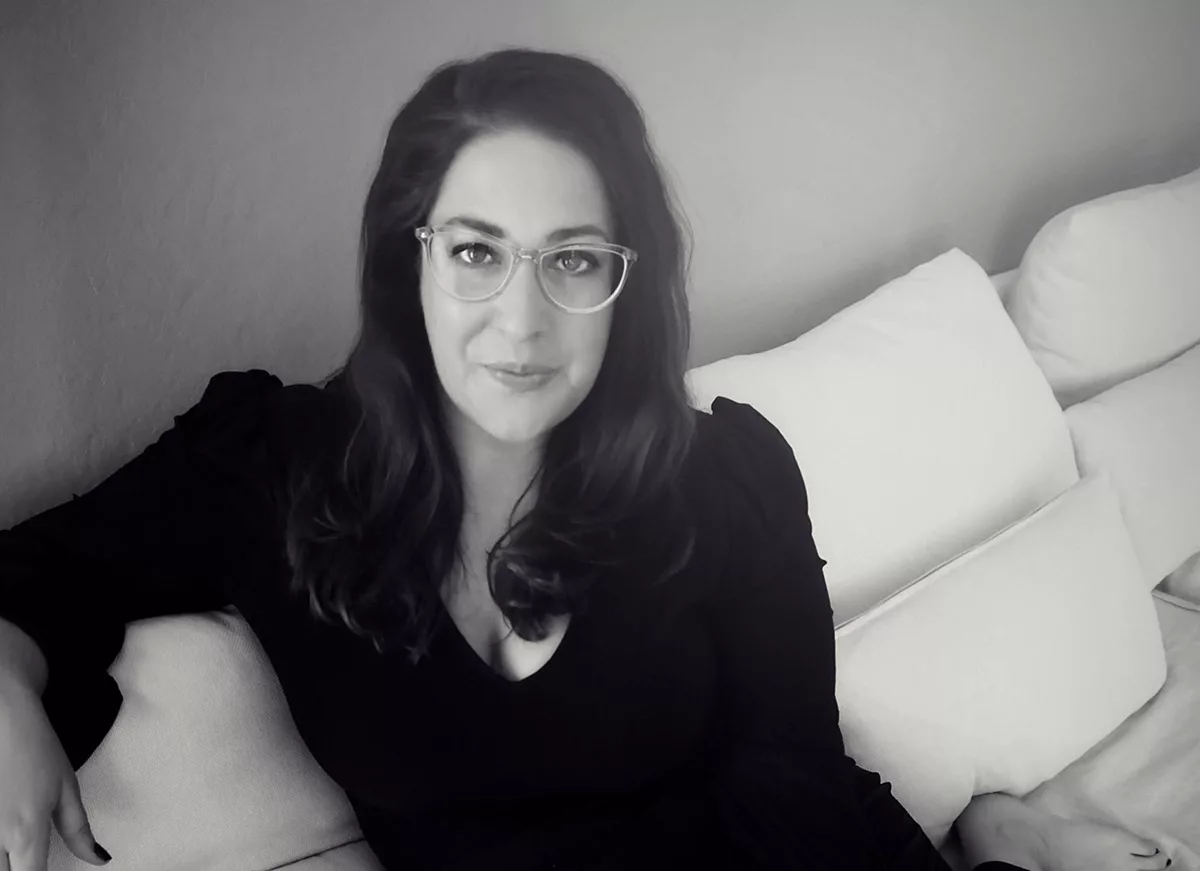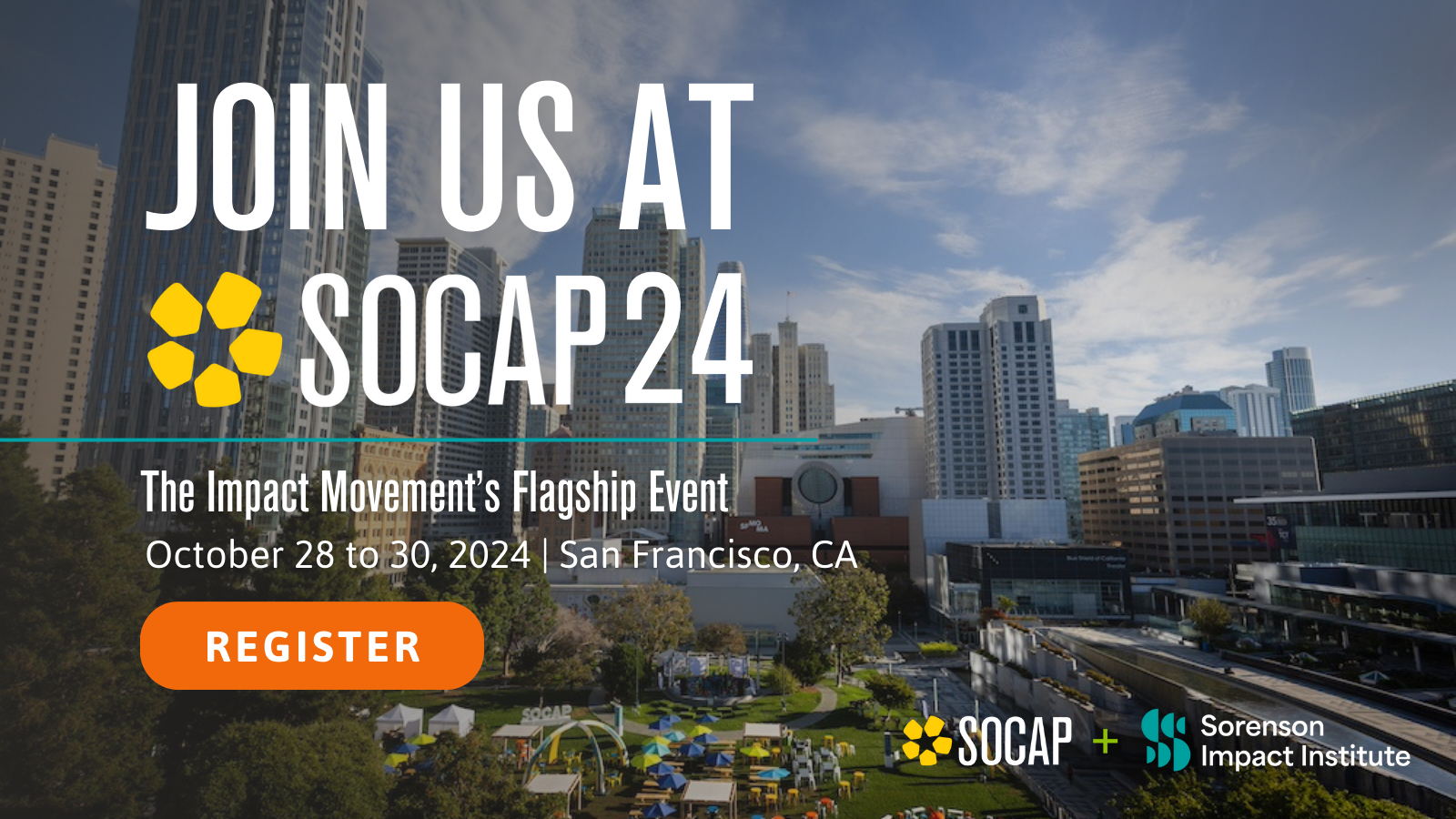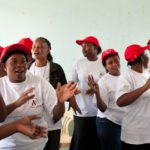This article is part of a series, The Wisdom of Women: Bold Insights From World Change.
“wherever you are.
however you are.
whoever you are.
come as you are.
your breath can rest here.”
— Danielle Doby
There is an entire cauldron of topics related to the lives of women that are not openly discussed. The effect of this leaves women feeling as if their experiences are unique and, many times, as though they are alone. It causes us to wonder if we did something wrong to create the situation. Sometimes, they are not topics that have a societal right or wrong attached to them; they are just uncomfortable for people to talk about. Miscarriage is a great example of this. When I had my first miscarriage, I found out that many of my friends had also had a miscarriage. Over and over, someone would respond to a post I shared on social media or a conversation that brought it up with, “When I had mine, I tried this,” or “The best advice I got when I had a miscarriage was…”
Other times, though, there is a judgment attached to the situation. Domestic violence and domestic abuse (sometimes grouped together as intimate partner violence) are in that category. The misconceptions and misunderstandings that surround intimate partner violence are not only rampant and damaging, they are also ingrained into our history. On an episode of Dolly Parton’s America titled “Sad Ass Songs,” Parton and host Jad Abumrad discuss the Appalachian murder ballad — literally a catalog of songs that are about brutally killing women, sung by bluegrass bands for centuries.
A few years ago, I was collaborating on a project about women and healing. I mentioned I’d like to write a story about survivors of domestic abuse. The person I was collaborating with said, “I don’t really think that’s our target audience.” I responded, “Isn’t the target middle-class women with a high level of education, children, and careers, who care about natural ways to heal?”
“Right,” she said. Not only did this show a huge disconnect between someone I know to be kind, smart, and thoughtful and the realities of intimate partner violence, it was also one of those moments where I shrunk a little bit more into myself. You see, this person also knew that I had lived in an abusive situation for over two years. What did her perspective on who needs to heal from domestic violence abuse say about who she thought I was, as a person?
If we had a way to break the taboo on these topics, it would be 100 percent groundbreaking and world-changing.
And soon, we will! Enter Melissa Barker of The Phoenix Project.
Barker is a survivor herself, and she is building a digital platform called Phoenix to make trauma-informed healing and care more accessible to survivors everywhere. She is creating a space where all survivors can have access to high-quality healing and care so they may (re)find their joy. Although her journey of healing started immediately after she was victim to an act of sexual violence (and in many ways likely started over each time she had to suffer again), the day she first posted #MeToo on her personal Instagram account was the first step to her finding her voice.
It’s also one of the reasons the #MeToo movement is so incredibly important.
Barker had bravely filed a Title IX Civil Rights case against UC Berkeley for mishandling sexual violence cases on the college campus in 2014. Alyssa Milano’s famous Tweet asking survivors to reply to her post with #MeToo was in 2017. And, still, Barker says when she shared that first hashtag, she was flurried with fear and self-doubt, but spurred by something deeper, refusing to be silent any longer. A woman who took a top-tier university to court and won was nervous to share the same information on social media — that’s the very real negative impact of the silence that surrounds topics many many women deal with every day.
One in three women, 47 percent of transgender people, 44 percent of lesbian women, 61 percent of bisexual women, 40 percent of gay men, 47 percent of bisexual men, and 1 in 6 men have experienced some form of sexual violence in their lifetime.
Whether you consult a professional healer or the Internet, the top advice for healing from intimate partner violence is “get help.” Over and over, we are told to talk to someone, ideally a trained professional. I do not disagree that this, many times, would be the best way to start sharing your story and healing. It is just not always possible.
One year of trauma healing can cost upwards of thousands of dollars; the burden of costs are usually placed solely on the survivor.
If you don’t have health insurance, those figures can be much higher. It also requires you to decide you are ready to talk to someone, find a licensed professional, make an appointment, and go see them. That’s four active steps before you ever talk to them. You may have to interact with reception staff and medical assistants before you get to them, as well. And, once you do get to start this conversation, there’s an equally likely chance that they won’t be a good match for you as there is that they will. One story on the PTSD that women live with after domestic abuse situations involved a pair of counselors who suggested, in response to her ex pouring hot spaghetti sauce on her for making the wrong dinner, that she make a list of her own sins and forgive herself. One of the therapists I saw told me that the level at which I was processing my situation wore her out, and she had started scheduling herself a nap after my sessions.
Sometimes you might have a wonderful, empathetic, and respectful therapist or healer that you just don’t click with. Now the survivor has to start back at Step 1 and try again. It’s exhausting. And when you are trying to keep your job, manage daily tasks, take care of your children, or any other number of things you have to do to begin living again, going through all of those steps can just be too much.
And, even if you do find someone to talk to and you are healing, there will be times when you can’t get to them quickly enough. Or, even when the abuse was a long time ago and you worked with professional healers and went through the stages of healing, there will still be times when something seemingly unconnected to you or seemingly unconnected to the incident(s) you survived will cause you to remember all of it, possibly sending you in a spiral of pain once again. Trauma lives in our bodies long after the initial indecent and can be repressed for years only to showcase itself when triggered.*
A 200 percent to 700 percent increase in calls were reported by national crisis lines following Dr. Ford’s testimony in October 2018.
The Phoenix Project is answering all of these issues by making high-quality trauma-informed healing resources readily available to anyone affected by sexual assault and violence. The exact vision for the platform started to crystalize when Barker was in a class for her doctorate program and was triggered by an exercise. She went to the bathroom and completely fell apart — having a full-blown panic attack in the stall. She was unable to remember any of her trauma recovery resources, which caused her to panic even more. She thought, “I just need something now in my hand that I can use to get through this.”
That is the moment The Phoenix Project was born.
Part of what truly elevates Barker to the status of world-changing woman is that, as she rises, she is doing everything she can to help others do the same.
She is taking care of herself. She commits herself to daily micro-practices of self-care, something she firmly believes in for her own healing. She found she lacked the time and cash flow to attend Soulcycle, which had been a huge source of self-care and healing for her, so she financed a Peloton bike. Now she can use it exactly when she needs to and it worked in her current “I’m launching a startup” budget.
She is supporting her community. She launched a private Slack channel to start the conversation and healing for women who need something now.
She is acknowledging her struggles and her privilege. She has openly shared about being aware that as a female founder, single mom, survivor, and someone with PTSD, she is operating in a world that does not represent her wholly. She has also openly shared about how she is very aware that she is an educated, white woman navigating this and that women of color and low-income women have even more to overcome to get funding, get access to healing, and be successful.
The legend of the phoenix bird says that when the bird feels the end of its life approaching, it builds a nest with the finest aromatic woads, sets it on fire, and is consumed by the flames. From that pile of ashes, the phoenix arises powerful and beautiful. It then embalms the ashes of its predecessor in myrrh and flies to Heliopolis to deposit the egg on the altar of the sun god.
I cannot think of a more fitting story to be attached to Barker and her platform. The #MeToo movement spurred women everywhere to collectively burn shit down. Our world is consumed by these flames. And, from the ashes that remain, we are rising — powerful and beautiful — to live on the sun. Together.
The Phoenix Project is currently raising an angel round to be able to bring on the team needed to build out the beta. If you or someone you know would like to support this work, please contact Barker directly.
*This statement and all statistics listed are from The Phoenix Project website.
See the rest of this series at The Wisdom of Women: Bold Insights From World Change.







